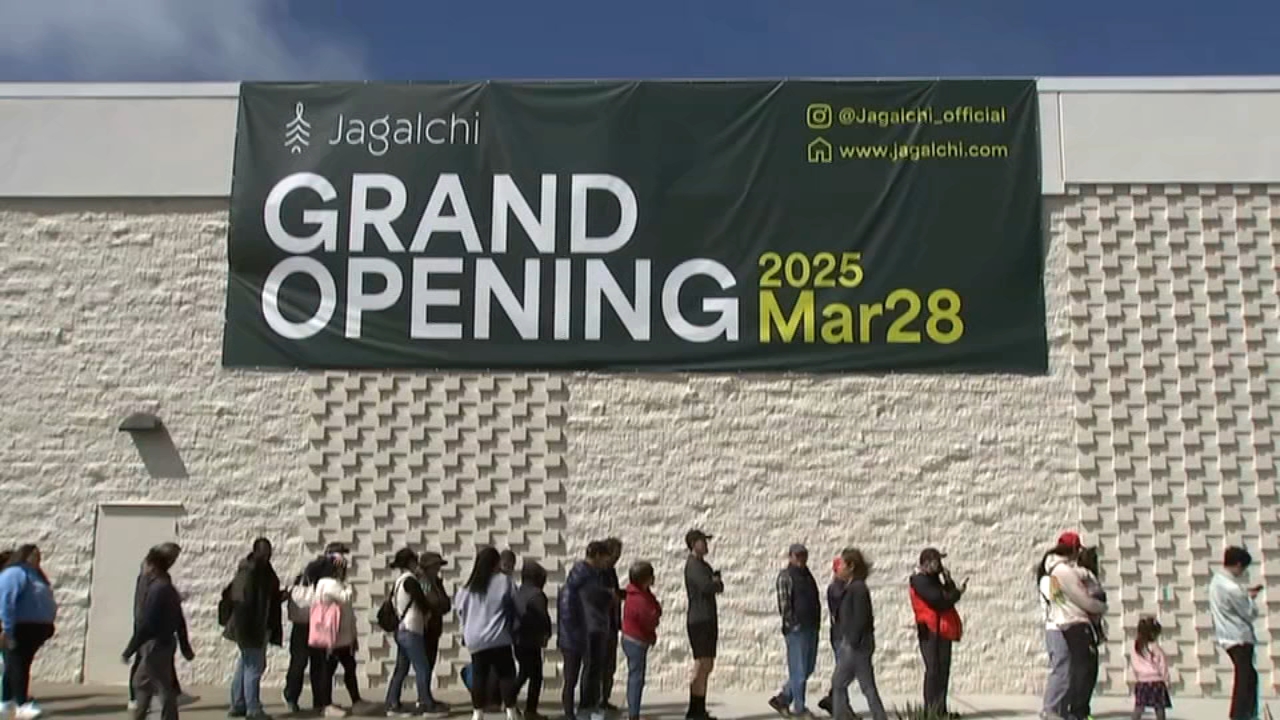Omicron surge could be over by February, UCSF doctor predicts

SAN FRANCISCO (KGO) -- As the number of omicron cases continues to rise, a peak in hospitalizations is expected by health experts.
"Maybe in the second, maybe third week of January. The European and South African experience has been that the wave has come and gone pretty quickly, like in the space of a month, month and a half," said UCSF Professor Dr. George Rutherford.
While omicron is likely to become the dominant variant, Dr. Rutherford predicts it won't be around much longer.
"A lot of this will be over and done with by February," said Dr. Rutherford.
RELATED: COVID's surge, omicron's threat, boosters' protection: What to know about next chapter in pandemic
It's not just omicron he's talking about.
"We still have quite a bit of delta circulating as well, which we know is more virulent, causes longer hospitalizations and things, so there's a mix right now," Dr. Rutherford explained.
That mix, along with rising case numbers, prompted county health officials to follow in the state's footsteps this week, requiring masks be worn in all indoor settings including gyms.
"I think it's prudent I think it's a reasonable thing to do," he said.
On Wednesday, Marin County's Health Officer said when the surge in cases drops, they'll reconsider.
"We would be equally responsive in terms of removing any barriers and any overly restrictive policies at that point," said Dr. Matt Willis.
RELATED: Bay Area business frustrated with inconsistency as indoor mask mandates return
Dr. Rutherford says he believes people are receiving the message to be careful with the upcoming holiday.
He suggests if someone has an exposure and receives a negative antigen test but is symptomatic, they re-test.
RELATED: FDA says at-home antigen tests 'less sensitive' to omicron
"I think serially testing people over two or even three tests will help us catch everybody," said Dr. Rutherford.
He reminds people that vaccines and boosters mean less severe disease and less likely to be hospitalized if you do test positive for COVID.









